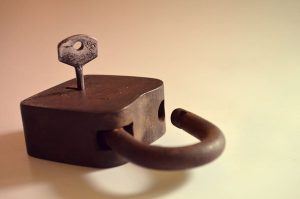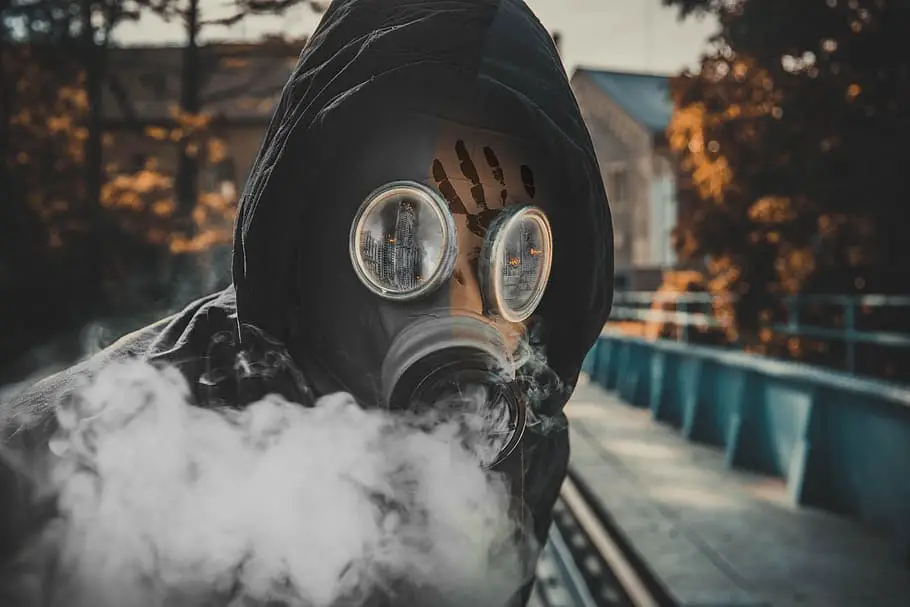Let’s face it if you’re asking a question like whether or not air purifiers are safe? then there has to be a reason why you’re asking it. A reason you have to believe that they are not.
Because why would that even be a question?
Wouldn’t you just presume that an air purifier cleans the air and that cleaner air is better to breathe than polluted air?
The thing is..
We’ve all seen hundreds of ads on TV that recommend medications that in the end can result in drastic side effects.
Air purifiers have the same kind of reputation.
A fear that even though the outcome should be air that is easier to breathe,
there could be dangerous side effects that make the opposite true.
So why wouldn’t you be skeptical?
You should be.
I believe the main reason that people could have the ideal that air purifiers are dangerous is that they believe or have been told that air purifiers create dangerous ozone.
So let me share with you what I believed to be the truth about air purifier safety.
Table of Contents
Are air purifiers safe?
The most popular air purifiers on the market use HEPA (High Efficient Particulate Air) and Carbon to Filter Airborne Contaminants like pollen, Dust Mites, and Odors, and are absolutely safe. No question.
Safety concerns for air cleaners only arise when ozone is introduced through an ionizer. Ozone is a lung irritant and can trigger asthma attacks. If you stay with HEPA and Carbon filters, you will be safe from any type of danger associated with air purifiers.
If you are in the market for an air purifier that leaves no question of its safety, and performs very well, then you should narrow your search for air purifiers that use HEPA filters and carbon filters and create no ozone.
HEPA filters are the standard for hospitals and can capture air pollutants as small as .03 microns.
Carbon filters work like a sponge that adsorbs gases along with the odors that the gases emit.
These air purifiers work very well to remove particulates like pollen and dander,
and help control dust mites.
That’s good enough.
Enough said. The question is satisfactorily answered.
 But..
But..
The other biggest segment air purifiers on the market are ionic air purifiers or ionizers.
And here is where it starts to get hazy. Pun intended.
The Dark Side.
Ionizers are basically machines that polarize the air so that the particles in the air become charged and attach to each other.
The result is that become too heavy to float and they fall out show the ambient air (air that you breathe).
The problem is that they generate a small amount of ozone in the process of polarizing the air.
Stop..
Shouldn’t that just be the end of the conversation?
HEPA good. Ionizers bad?
Why would you possibly want to use a machine that creates any type of ozone as a by-product?
Good question
Isn’t it just a little bit weird that so many air purifier manufacturers use technologies that knowingly generate ozone, even if it is just a small amount?
Is everyone just out for a buck even when it means harming people?
No I don’t believe that.
The reason is ionizers can do something if the other air purifiers can’t.
Ionizers can destroy bacteria and render viruses inactive.
That is something that a HEPA air purifier cannot do.
There are some ionizers, ones that use photocatalytic oxidation to create ions,
That not only disinfect the air, they disinfect the countertops, tables, and other surfaces in the room as well.
Truly amazing.
So am I suggesting that because ions have an effect on germs that effectively destroys them,
that you should just put up with the ozone created and accept any lung tissue damage as your parting gift?
Not at all.
I am not saying that ozone is not dangerous to breathe in any way.
Are ionizers safe?
Ionizers are safe as long as you stick the rules of safety like making sure you are using it in the designed space it is made for. The real problem that ionizers have is that there have been companies that have sold ozone generators as in home air cleaners. The Environmental Protection Agency targets companies that sold ozone generators as air cleaners right in their title.
In other words it’s not that ozone is used, but how it is used.
Ozone generators are used in many industries because of their capacity to destroy almost every contaminant whether it be in air or water.
But there are some strict rules when using ozone.
1.They should never be used in an occupied room. Whether it be people pets or even plants.
2. The room should be allowed to sufficiently air out before people return.
There are many ionizers that do not create enough ozone to be noticeable or an issue.
But there are ionizers that do create more ozone that can be smelled.
To use an ionizer safely, you should give it the same respect as you give an ozone generator.
Make sure the room is unoccupied before running it and then wait a while for the air in the room to dissipate a while before using it again.
A good analogy is using bleach to clean the bathroom. You know that it’s going to disinfect everything in the room but when you’re done you’re going to have to let it air out before using it comfortably again.
Air purifiers with multiple technologies.
There are many air purifiers that use HEPA and carbon filters as well as ionizers built into the machines.
These technologies work together well.
One way and ionizer can help a HEPA filter is that it can clump particles together and make them big enough to be captured into the HEPA filter.
Another way is charging the filter itself so that it becomes a magnetic field to attract the positive ions (air pollutants)
into the filter.
 Conclusion
Conclusion
Air purifiers are very safe to use when they are properly maintained and used correctly.
Most air purifiers are technically just a fan that pulls airborne contaminants through a series of filters.
These air purifiers do not use any electricity other than to power the fan.
The only danger in using one of these air purifiers is electrical shock. But it is the same warning that you have on any other electrical appliance that has to be plugged into an outlet.
But the other most popular type of air purifier is an ionizer.
It note on uses electricity coming from the wall, it uses electricity to polarize the particles in the air.
During the process a small amount of ozone is created.
Ozone is a lung irritant that can exasperate breathing problems and bring on an asthma attack.
Most people would say that you should not use any type of air purifier that creates a ozone by product for that exact reason.
But if you stop right there, you would be missing out on some amazing abilities that ionizers possess.
Ionizers, and more specifically PCO ionizers have the ability to disinfect your air and surfaces, actually rendering germs and viruses inactive.
That is something that a HEPA filter air purifier cannot do.
How to use an ionizer safely
Ozone is used in many industries safely including air purification and water.
The only difference is that professionals who use ozone do so under a couple of strict guidelines.
They do not operate them in an area occupied by people, animals, or plants.
And they let the area completely air out before using it again.
Even though ionizers do not manufacture the level of ozone that a ozone generator does,
does not mean that you should not respect the ozone even at a lower level.
Running your ionizer in an unoccupied room and allowing any ozone to dissipate before using the room again is a perfectly safe way of getting the benefits of an ionizer without any threat of dangerous exposure to Ozone.


